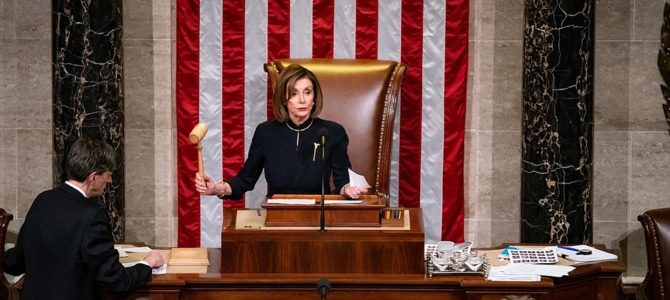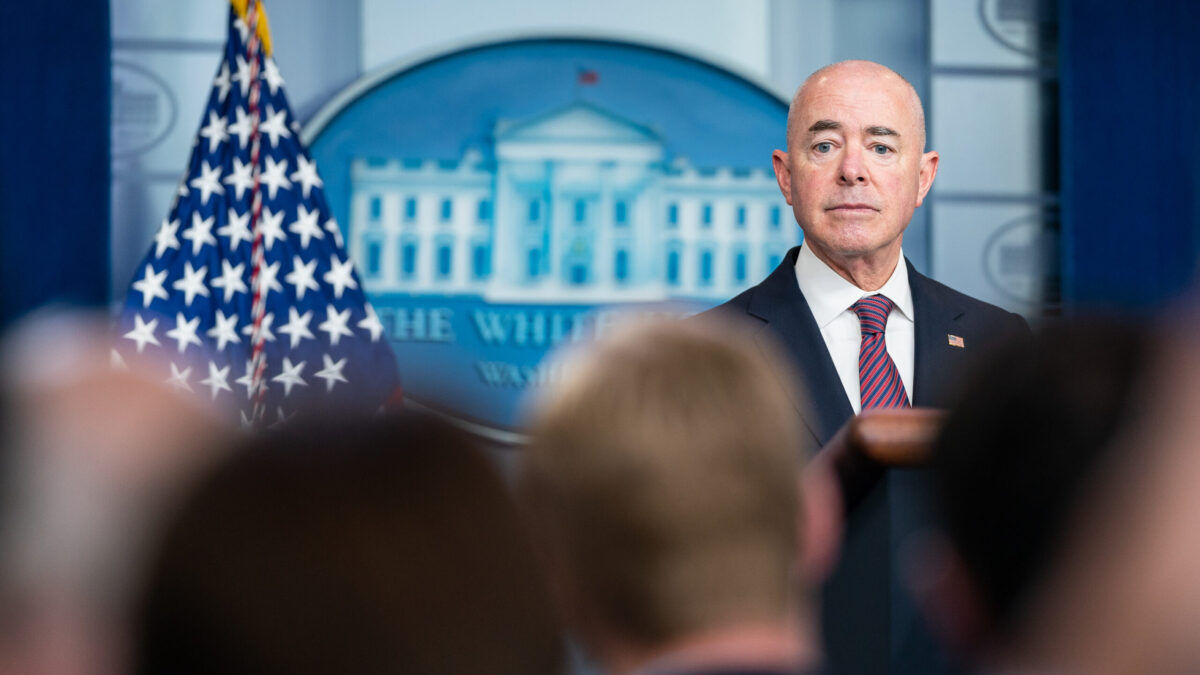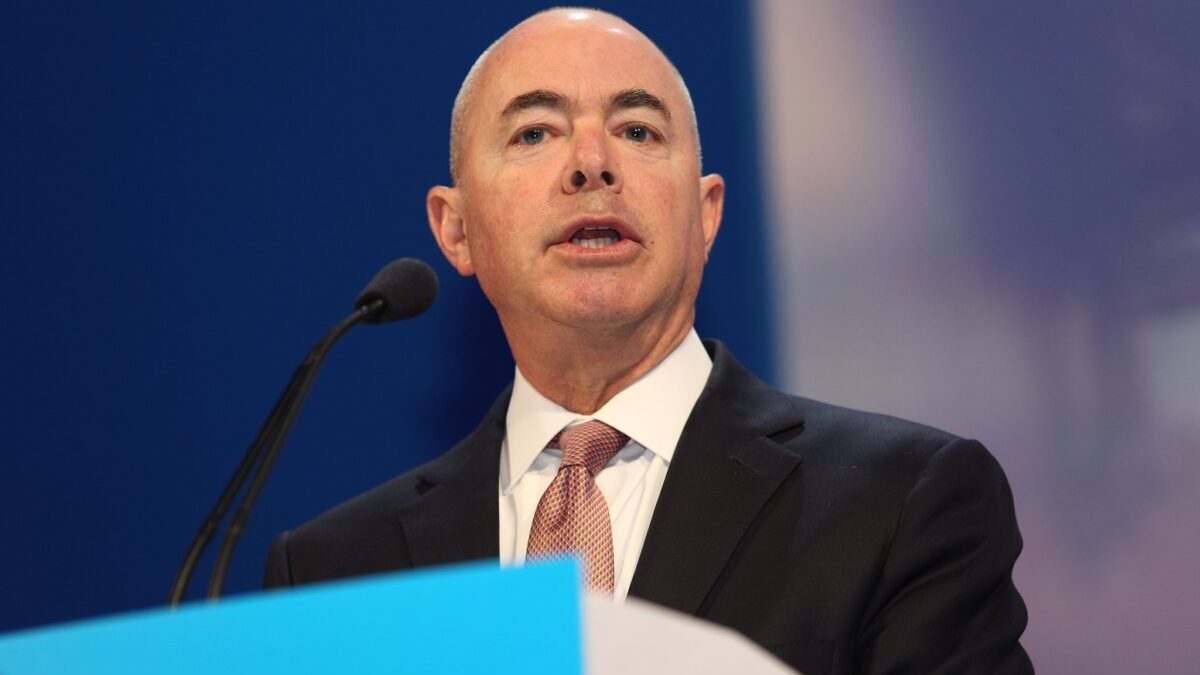
The impeachment trial of President Trump is in full force, and congressional Democrats are already blaming Republicans for their alleged unwillingness to allow additional witnesses. While this ploy was not unexpected, and Senate Republicans have not entirely ruled out permitting additional witnesses, there are various reasons additional witnesses should not be permitted.
To begin, there is a very compelling argument that the impeachment has been a sham from the start. The president was not afforded the right to due process, Republican members of the House were not permitted to call or question witnesses (i.e., the whistleblower, Adam Schiff, Joe or Hunter Biden), and the resolution passed in the House gave Schiff the final say as to who was ultimately permitted to testify.
Tangentially, there was no evidence of a crime, let alone an impeachable offense, despite the fact that Democrats were in control of the entire process while it was in the House. Given the foregoing, there is no reason to permit any additional witnesses to testify, as this would merely prolong, and legitimize, this sham process.
A second reason additional witnesses should not be permitted is because House Democrats had the chance to call them during their inquiry. According to Schiff, “What Senator Collins and the other senators need to realize is we did try to get these witnesses in the House. We subpoenaed many of these witnesses. And because of the President’s obstruction, they ignored those lawful subpoenas. Donald Trump’s Justice Department is in court saying the House cannot go to court to enforce its subpoenas.”
What Schiff is really saying is that various witnesses refused to comply with House subpoenas and the House did not want to issue the necessary subpoenas or wait until a court ruled on their enforceability or any objections thereto. Rather, Schiff and his Democratic colleagues rushed to vote on the articles of impeachment without following the proper procedure to secure the testimony of these various witnesses or obtain the requested documents.
Although House Democrats “botched” the process, they are now blaming Republicans in the Senate, who are opposed to, or apprehensive about, permitting additional witnesses from being called during trial. Additionally, while some Democrats are also accusing Republicans of refusing to hold a “fair trial,” Senate Republicans have every right to prevent any Democratic efforts to call additional witnesses.
While some Democrats will likely assert that they posess “newly discovered” evidence, Republicans will likely assert that the Democrats in the House could have discovered this “evidence” before voting on the articles had they followed the appropriate steps. As such, Democrats should not be permitted to ambush the president and his legal team with information they failed to obtain as a result of their oversight, neglect, or unquenchable thirst to quickly impeach the president.
When the House presented its case for impeachment during the inquiry phase, it was in control of the entire process pursuant to its resolution. As a result, House Democrats had the opportunity to subpoena any witnesses and documents they felt were necessary. They also had the opportunity to challenge any objections to these subpoenas in an effort to secure compliance.
Instead of doing this, House Democrats erroneously put the onus on the Senate. However, this misconstrues the roles of the House and Senate in impeachment proceedings, where the House has the sole power to impeach (which includes any necessary investigation), and the Senate has the sole power to try impeachments.
In this case, the Democratic-led House, obviously realizing the weakness of its case, is attempting to “cure” its errors by tasking the Senate with the investigative role. The Senate should not comply with this unreasonable request because it could prejudice the president.
For example, the president’s legal team, in part, likely relied on the prior witness testimony when formulating its defense. This is no different from a trial in the traditional sense, where the parties have the right to question and depose all witnesses and experts before the trial so no surprises come up during trial.
In Trump’s case, not only did House Democrats prevent Republicans and the president from calling their own witnesses, they also failed to issue subpoenas or pursue a final court ruling relative any subpoenas relating to witnesses and documents. Democrats are trying to have their cake and eat it, too. In other words, while they seek to question specific witnesses, such as John Bolton, they oppose any efforts to question others, including, but not limited to, Hunter Biden.
If the Senate decides not to allow additional witnesses, congressional Democrats can look to their colleagues in the House, whose obsession to impeach the president meant they failed to issue the necessary subpoenas or to patiently seek for a court to rule on their enforceability. Of course, in a perfect world, all witnesses would be permitted to testify for full transparency. However, impeachment is a political, not a criminal, process, and the world of politics is not a perfect world.
The Democrats in the House voted to impeach along party lines, and presented two extremely weak and insufficient articles to the Senate. They rushed to impeach the president before obtaining whatever evidence, information, or witnesses they felt they needed. Now they are crying about fairness. The Senate has no obligation to save them.









